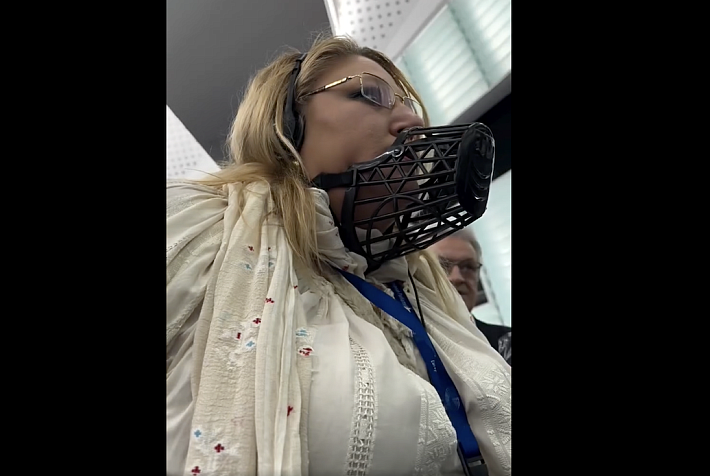Native content supported by Grecu & Asociatii.
Moral harassment at work: Romania’s struggle with workplace violence

Everywhere around the world, people complain about moral harassment at work, as it becomes one of the most rapidly emerging workplace violence complaints.
International legislative systems use various terms for workplace harassment, from mobbing to workplace bullying, victimization, or even psychological harassment. Regardless of these terminology differences, their common purpose is the prohibition and sanctioning of any type of harassment taking place at work.
A general definition for this term is widely accepted and recognized as repeated, non-physical acts of harassment at the workplace, occurring over a significant period of time. However, the most important aspect regarding moral harassment is the negative effect it has on employees and organizations alike, leaving the target to deal with harmful psychological and physical effects, during long periods of time.
In Romania, half of the people who participated in an ICCV study declared to be stressed out at their workplace, while 41% of them have witnessed acts of aggression and 8% have been victims of moral harassment. Although it may seem like a small number, it is incredibly relevant and so the Romanian legislator has decided to establish the legal regime of abusive behavior at work.
Under the Romanian law, moral harassment is defined as any kind of behavior exercised towards an employee by another employee who is her/his hierarchical superior, by a subordinate, and/or by an employee who is comparable from a hierarchical standpoint, in connection with working relations, with the purpose or effect of deteriorating the working conditions through the violation of the employee’s rights or dignity, through harming her/his physical or mental health, or through compromising her/his professional future. Such behavior may be manifested in any of the following forms:
- Hostile or undesired behavior;
- Verbal comments;
- Actions or gestures.
Moral harassment can also take the form of stress and physical exhaustion, therefore it is important for the employers to pay attention to the way they stipulate their internal regulations, as to not encourage acts of moral harassment. If the employees have no support from their peers or superiors, if they have little to no control over the work they are providing, if they don’t have the necessary means for working efficiently, or if the hired personnel is not enough for all the tasks the company provides, the stressful effects will quickly be felt and experienced.
Not only the company’s employees can be found guilty for acts of moral harassment, but the employer should also provide protection against acts of aggression coming from external sources, such as clients or visitors, because employers have the general obligation to guarantee adequate work conditions for the activity carried on, social protection, labor safety and health.
The liability standards for moral harassment at the workplace are higher than those for other forms of discrimination, both for the employees and for the employers.
The employees who commit acts or deeds of moral harassment at the workplace are liable to disciplinary sanctions, as well as to administrative fines or penal sanctions. The contraventional fines that can be applied as sanctions for the violations of rights and dignity of another employee through moral harassment can go as high as 15.000 LEI (approximately 3.000 euro).
The legislator considers it a more serious issue when the employer does not fulfill his obligation to take any necessary measures in order to prevent and combat moral harassment at the workplace and to establish disciplinary sanctions in the internal regulation for employees committing moral harassment. In this case, the conventional fine can reach 50.000 LEI (approximately 10.000 euro). When the employer violates the obligation to not engage the employees in direct or indirect harassment against other employees, the sanction goes between 50.000 lei to even 200.000 lei (approximately 40.000 euro).
The person subjected to moral harassment at work can appeal to different legal channels, such as filing a claim with a Romanian court of law or filing a petition with the National Council of Discrimination Combat.
As we can easily conclude, the employer is considered to be one of the most important factors regarding informing, educating, and respecting the dignity principles of each employee and the equality principle at workplace. Dignity is not negotiable, as it is an inherent value of humankind. We can only protect it by respecting it. Raising awareness over the seriousness of moral harassment contributes to educating people to protect their own rights and to respect the rights of others.
The regulating of moral harassment through special legal rules is one of extreme importance, since humiliation, undermining, malicious gossip, stonewalling, personal information revealing, slandering, isolation, intimidation, exclusion, criticism, contempt, other forms of emotional abuse, verbal and physical aggression affect so many people in Romania every day.
Author: Attorney at law Elena Manea, Law Office Grecu & Partners.
This is a native content supported by Grecu & Asociatii.















